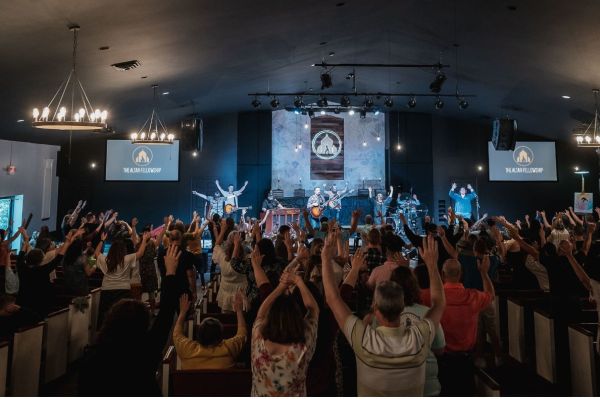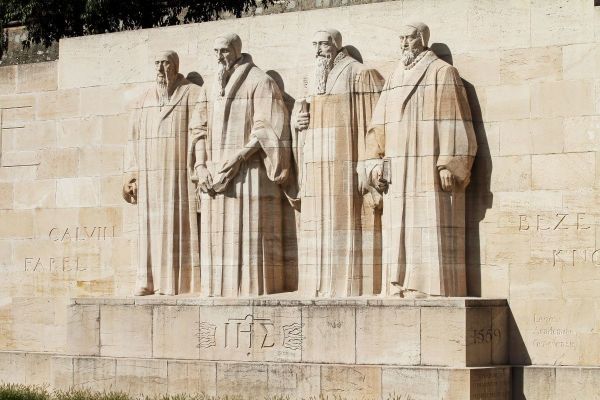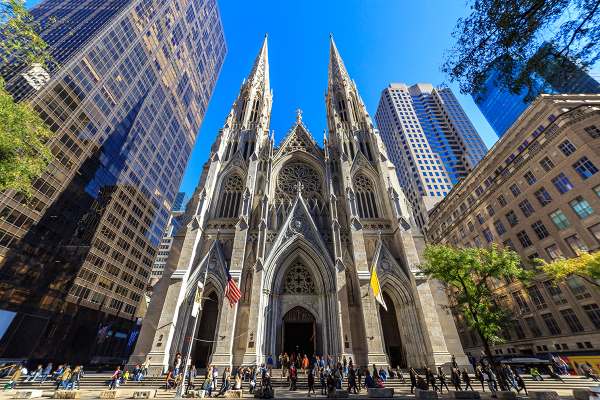Sympathy for Boko Haram May Be Key to Ending Nigerian Violence
Nigerian terror sect Boko Haram, whose most recent attack killed 162 people in Kano, issued a statement explaining that its motive for initiating violence is "revenge."
The statement calls into question whether peacemaking efforts are misguided, and experts are now wondering if giving credence to Boko Haram's cries of persecution may help curb violence that has plagued Nigeria for more than two years.
Boko Haram spokesman Abul Qaqa told reporters during a phone interview last week that the sect's earlier warnings should have been heeded to prevent the Jan. 21 massacre in Kano.
"(The) attacks and bombings of Kano city followed our warnings in the second week of December, 2011," Qaqa said. "We warned Kano stakeholders."
Qaqa referred to numerous warnings the group sent officials in the region asking for Boko Haram militiamen to be released from police custody.
"Unless urgent steps are taken, the group will launch endless and violent attacks on Kano and its environs because of arbitrary arrest and persecution of his members," wrote Imam Muhammad Abubakar Shekau, spiritual leader of Boko Haram, days before the fighting commenced.
Qaqa claims that Nigerian officials have tortured the families of Boko Haram members and sympathizers. Nigerian President Goodluck Jonathan had sent dozens of troops throughout the country – including Kano – to curb the violence and growing influence of Boko Haram.
"Recently, security agencies launched a fresh onslaught on some of our members in Kano city in which even women and children were not spared. Many houses were raided and a pregnant woman was manhandled," Qaqa said. "Some of our members were tortured with electric shock. All these things happened in Kano, a city that we hold in high esteem."
It is clear that Boko Haram believes it is being wrongfully persecuted by the Nigerian government, while Jonathan's government believes it is responding to the cries of communities across the country clamoring for safety from the sect.
The apparent catch-22 has some people in the region thinking a change in strategy is necessary to end the violence.
Muslim leaders in areas where Boko Haram and the Nigerian military both have strong presences say the sect will warn the government about upcoming attacks – and if ultimatums are not met, the blood is on the government's hands, not Boko Haram's.
One prominent local Imam in Kano told France 24 News that mediation between Boko Haram and the government is necessary, because neither side acknowledges the plight of the other. Boko Haram in particular, the Imam says, feels unjustly characterized by the media and government.
"Boko Haram was a small organization, but due to government pressure, it is now becoming bigger and bigger. And there is not only Boko Haram," the Imam said.
"What I want you to understand is what the government is preaching is different from its actions. There was this one man who prayed in my mosque but the next day he was arrested by the security," he added.
Reports from Kano say some prominently Muslim communities actually benefit from Boko Haram's presence.
A compromise between heeding Boko Haram warnings - while not yielding to their demands - needs to be met by the government before the sect makes into a habit this guilt-free, "we warned you," style of attacks – the next episode appears imminent.
Qaqa wrote a letter to local political leaders in Sokoto on Sunday warning officials about an attack similar to the one in Kano last month.
"Before we visited Kano, we wrote an open letter to senior citizens there on the imperative of releasing our members but nobody cared to talk," the letter read. "Indeed, we sent three warnings to Kano before we struck."
"What happened in Kano will be inevitable in Sokoto unless you intervene and ensure the immediate and unconditional release of our members who were specifically arrested in the city last Thursday," the letter continued.
To be clear, no one close to the situation is justifying Boko Haram attacks just because they warn targets and local officials before executing them. However, communities closest to the action believe it is clear that the current "try me" strategy of reactionary arrests, retarded troop deployments and perfunctory statements that the government is currently employing is not working.
Boko Haram has carried out attacks over the past two years in an effort to implement Shariah law throughout Nigeria. The sect – whose name translates to "Western religion is sacrilege" - has particularly targeted Christians, but does not discriminate against anyone who disagrees with their fundamental Islamic agenda.






















